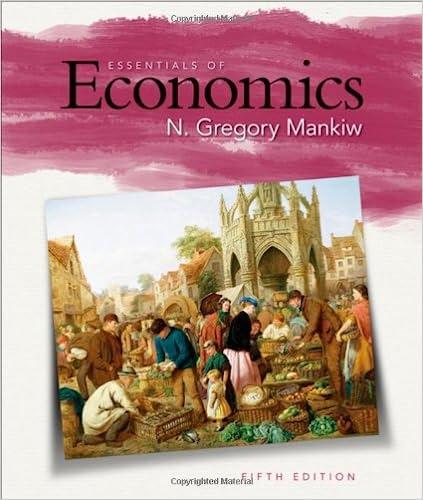Question
I have a three part question. I will include my answers below but I do not believe they are correct, please advise and help: Part
I have a three part question. I will include my answers below but I do not believe they are correct, please advise and help:
Part A: The article states that "This long-term strengthening of China's real exchange rate reflects deep historical forces, such as China's rapid economic growth, stronger labour laws, and shrinking working-age population." Why would rapid economic growth, stronger labor laws, and shrinking working-age population lead to stronger real exchange rate?
Part B: The article points out that in 2012, China's economy had been faltering and its leadership had been in flux, but those worries had eased in 2013. Assume that the nominal market interest rates had remained the same in China and its main trading partners. (The article hints at this in an implicit way.) What impact the easing of concerns about China's economy must have had on the nominal exchange rate of the yuan?
Part C: Based on the article's analysis, what was the Chinese government's motive to let the yuan appreciate in 2013?
Step by Step Solution
There are 3 Steps involved in it
Step: 1

Get Instant Access to Expert-Tailored Solutions
See step-by-step solutions with expert insights and AI powered tools for academic success
Step: 2

Step: 3

Ace Your Homework with AI
Get the answers you need in no time with our AI-driven, step-by-step assistance
Get Started


